Your Browsing History
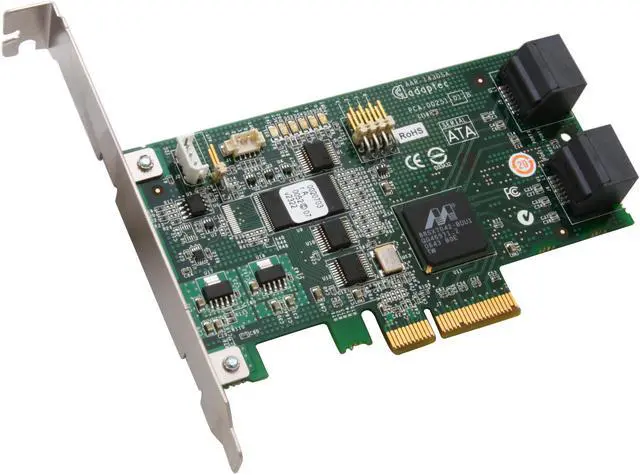
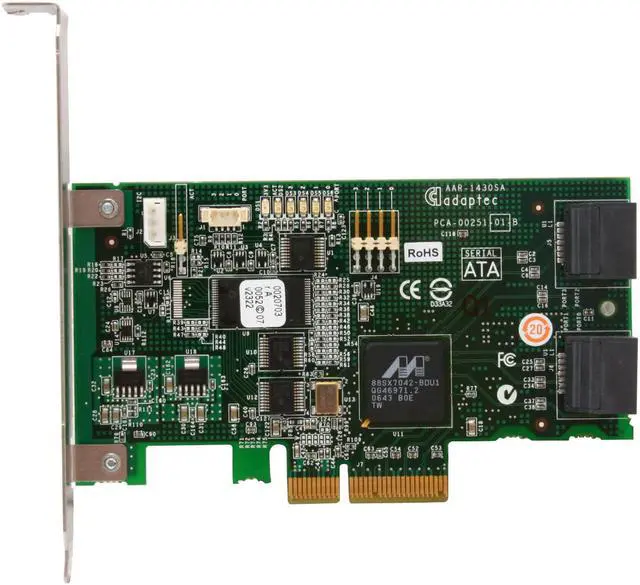
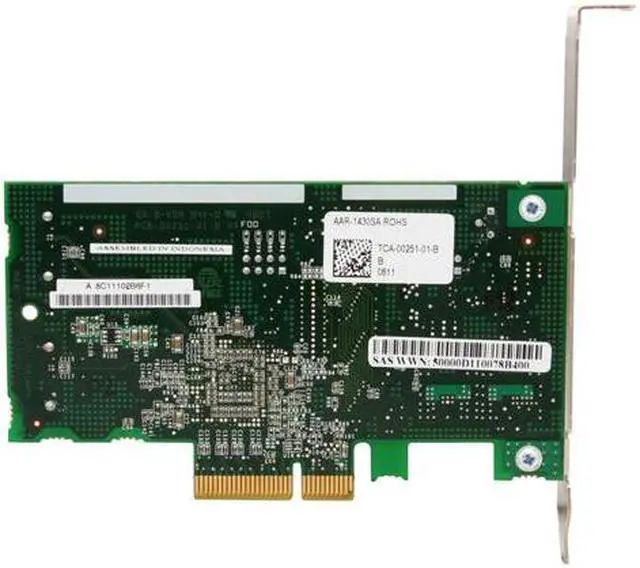
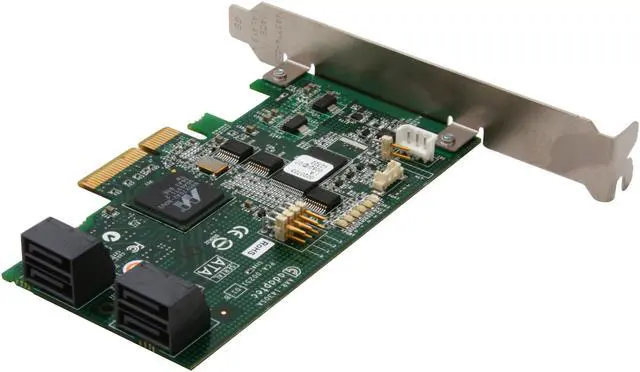
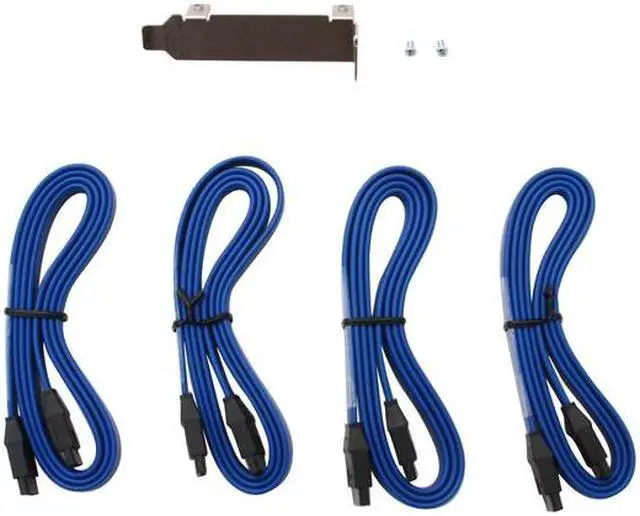
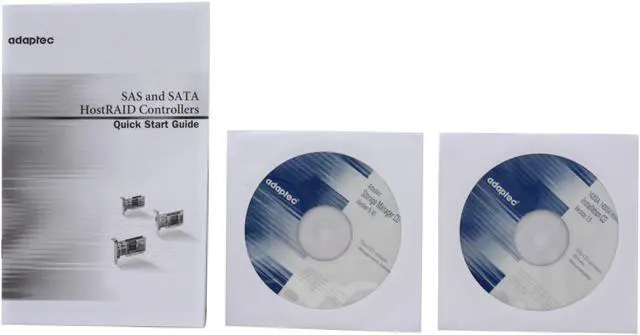
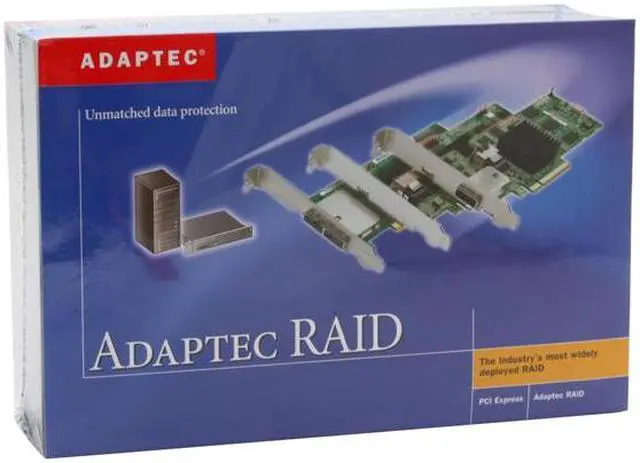
Any questions? Our AI beta will help you find out quickly.
| Brand | Adaptec |
|---|---|
| Model | 2240900-R |
| Form Factor | Low Profile Ready |
| Type | SATA |
|---|---|
| Internal Connectors | 4 x SATA II |
| Interface | PCI Express 4-lane 2.5 Gb/s |
| Transfer Rate | up to 3 Gb/s per port |
| RAID | RAID 0/1/10 JBOD |
| Operating Systems Supported | Microsoft Windows Red Hat Linux SuSE Linux Novell NetWare |
| Dimensions | 4.7" x 2.5" |
| Features | 4 Serial ATA 3Gb/s Ports for support of up to 4 SATA disk drives Native Command Queuing 48-bit LBA support for drives above 137GB Low-profile form factor Bootable array support RoHS compliant |
|---|
| Package Contents | 2240900-R Quick Install Guide Driver Disk 4 x SATA Cables |
|---|
| First Listed on Newegg | April 12, 2007 |
|---|